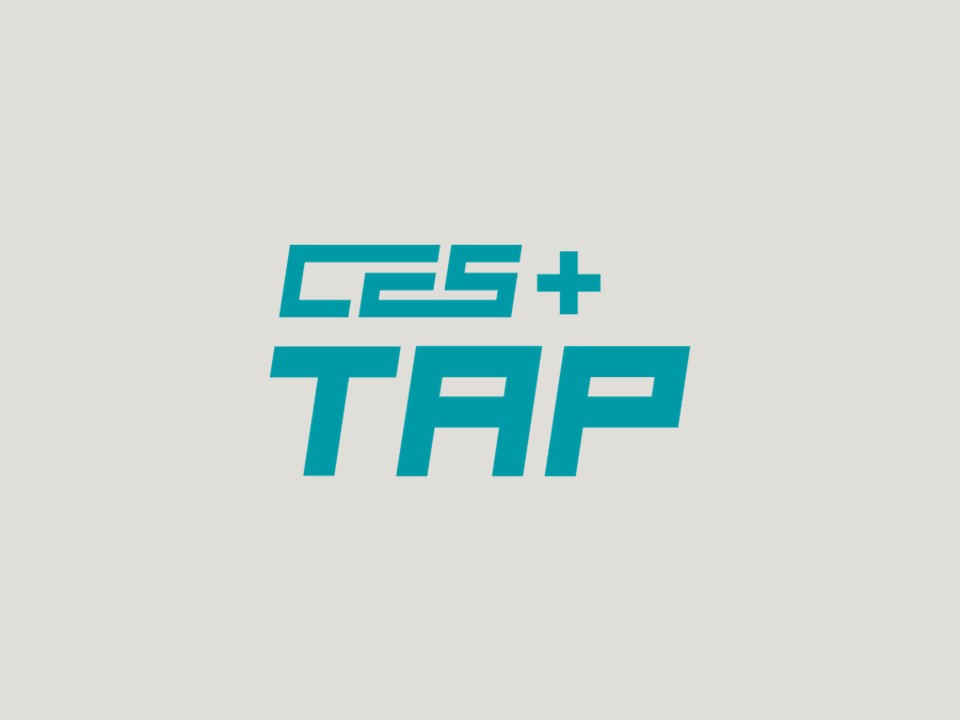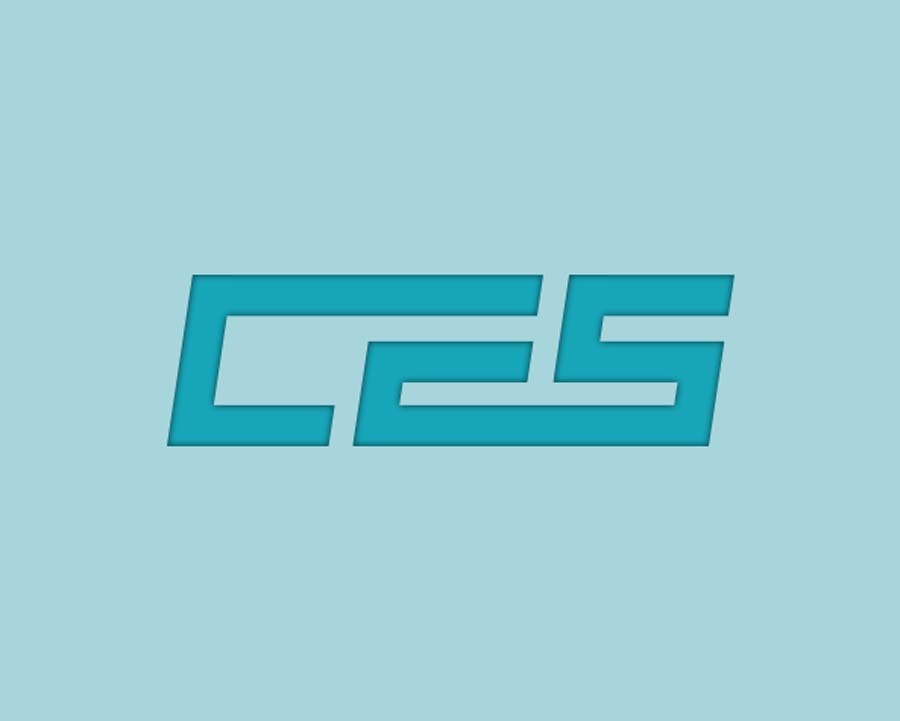Cindy Soo Hoo, TAP Consultant
Do You Have the Required Members Present at the IEP Meeting?
The Individuals with Disabilities Education Act (IDEA) specifies the required members of an Individualized Education Program (IEP) meeting. In terms of school personnel, they include:
- Not less than one regular education teacher of the child (if the child is, or may be, participating in the regular education environment);
- Not less than one special education teacher of the child or, where appropriate, one special education provider of the child;
- A representative of the public agency who:
a) is qualified to provide or supervise the provision of specially designed instruction to meet the unique needs of children with disabilities;
b) is knowledgeable about the general education curriculum; and
c) is knowledgeable about the availability of resources of the public agency; and
4) An individual who can interpret the instructional implications of evaluations results.
34 CFR §300.321
- The person referenced above who is able to interpret the instructional implications of the evaluation results could be any one of the preceding required members or any other person who may be invited to the meeting by the parent or the public agency. This might include an evaluator who conducted the educational evaluation or some other person with knowledge about the child or the evaluation of the child.
- There may be times when a required member of the IEP Team is unable to attend. If so, there are specific provisions that must be followed. Those provisions will be discussed in a later segment so you can ensure you are following the regulations under the IDEA.
- Districts do not have a legal obligation under the IDEA to include related service providers as members of the IEP Team; however, it is important to invite them as they have pertinent information as to how the student is progressing toward the goals specified in the IEP. At the very least, the related service provider should provide information and input that contribute to the development of the IEP.
- A speech and language pathologist is not considered a related service provider if the student is receiving speech and language services as their sole service. In this case, the speech and language pathologist would fit the definition of a special education provider as delineated in number two above.
- It is important to note that while related service providers are not required members of an IEP Team under the IDEA, you should check to see if your individual district has made a requirement regarding their attendance.
- As always, for legal guidance on any issue involving special education, please contact the appropriate person for your district.
Should you have any questions about this topic or any other topic involving special education, I invite you to contact either Loretta Garcia, TAP Coordinator, at lgarcia@ces.org or Lianne Pierce, Director of Ancillary Services, at lianne@ces.org respectively.
*Cindy SooHoo is a former Compliance officer that has worked with public school district attorneys on numerous Due Process Hearings and PED Complaints, working tirelessly to support her school district in the appropriate execution of Special Education legal compliance in all areas regarding IDEA and the NMAC, providing what is in the best interest of the student within the framework of the law.





